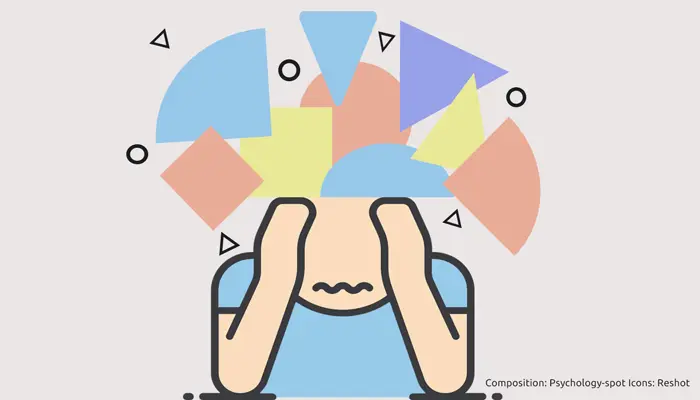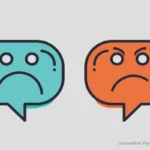
Throughout life we go through different circumstances that generate stress. However, there are life cycles that can be particularly complex if we do not have the psychological tools necessary to face the challenges they entail.
A team of psychologists at Pennsylvania State University looked back to 1990 to assess the stress levels of different generations over time. They found that, indeed, the modern stress level is higher than three decades ago, but it hits us with greater intensity at a specific stage of life.
What is the most stressful stage of life?
These researchers analyzed more than 2,000 adults who were born at different times to understand how their stress level had evolved over the years. They looked at both the frequency with which these people experienced stress and the personal meaning they attached to stressors.
They found that, on average, the participants reported about 2% more stressors in the past decade compared to the past, which translates to an additional week of stress per year.
However, the most interesting piece of data that emerged from this study was that middle-aged people reported higher stress levels, exactly 19% more compared to 1990. That means 64 more days of stress per year than when they were younger.
Why do we get more stressed in middle age?
Many of the people who participated in the study felt that in recent times life had become more chaotic and uncertain and less safe. That made them more worry and anxious. In fact, they were also more concerned that stress could affect their finances and future plans.
Basically, the economic uncertainty hovered over the lives of people between 45 and 64 years old, generating tension and worry for them, far more than for young adults. This is probably due to the fact that people over 50 face an uncertain job market that gradually excludes them but, at the same time, they carry many more responsibilities on their shoulders than when they were young.
When we enter middle age, we tend to be responsible for many people, which can become a difficult weight to bear. We are often still responsible for our children, who are not yet fully independent, but we may also have to help elderly parents and we may even be responsible for a number of employees at work.
That level of responsibility can be a higher level of stress than in other decades, especially when we perceive that we live in a more unpredictable world and we have few support networks to draw on. That’s why middle age could be the most stressful time in life. And it is not exactly the “positive” type of stress but rather a distress that can end up taking its toll on our health, especially when it lasts for so many years.
Source:
Almeida, D. M. et. Al. (2020) Charting adult development through (historically changing) daily stress processes. American Psychologist; 75(4): 511–524.



